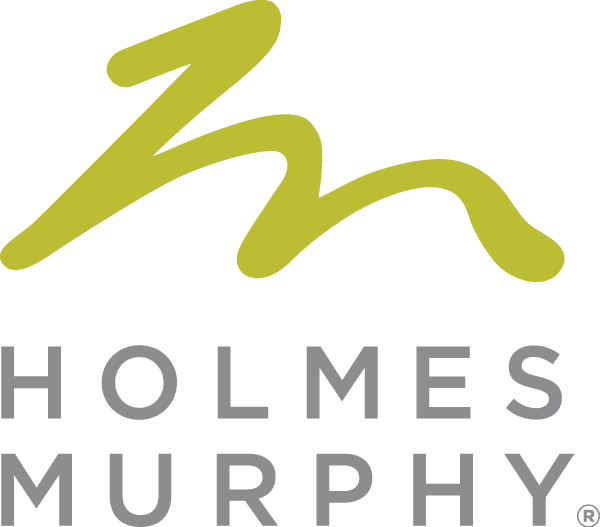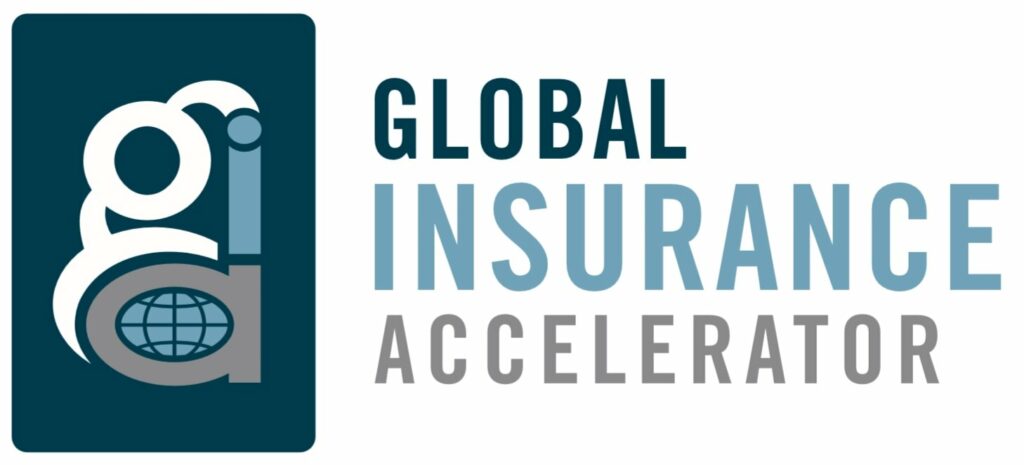Business development companies are doing well

Dear Mr. Berko:
On several occasions, you have mentioned business development companies and praised their high yields. Please tell me what a business development company is and how it works. I have $30,000 to invest if you think they are good. So please recommend three or four with yields higher than 10 percent.
W.E., Joliet, Ill.
Dear W.E.:
A business development company (BDC) is usually a publicly traded equity registered under the Investment Company Act of 1940. Such companies are configured similarly to real estate investment trusts, in that a BDC must pass on 90 percent of its income to shareholders so that most of it will be taxable to the investor.
BDC management invests in small, up-and-coming businesses, expecting the value of their investments to grow in worth. BDCs are very important lenders to small enterprises and often provide consulting services on a fee basis.
So when they make a loan or investment, they seek an enterprise whose direction they can influence via a consulting contract and by appointing board members. A BDC cannot invest more than 5 percent of its assets in one company, can’t own more than 10 percent of any issuer’s voting stock and can’t invest more than 25 percent of its assets in businesses that are in the same industry.
Today, the credit crunch has made it difficult for many small and midsize companies to secure capital, so BDCs have found a potentially rich source of good investment options. This is a bonus for investors who seek higher yields with a potential for capital appreciation.
As regional banks continue to zipper their purses, more and more small and midsize companies are turning to publicly traded BDCs, and some have become very attractive (with varying degrees of risk) investments. Many BDCs have rallied from their market lows, but the very real possibility of a double-dip recession would create a difficult environment for these companies.
With their various degrees of risk and yields of 10 percent to 12 percent, the following BDCs can be bought by investors who can assume more than a modest degree of risk.
PennantPark Investment Corp. (PNNT-$10.35) earned $1.08 per share last year, and the Street expects earnings of $1.11 this year and $1.22 in 2011. The $1.04 dividend yields 10 percent. SunTrust and Ladenburg Thalmann have “buy” recommendations with a 12-month price target of $15.
Apollo Investment Corp. (AINV-$9.60) earned $1.65 per share last year, but the Street expects lower earnings of $1.10 for 2010 and $1.18 for 2011. Still, it’s an attractive buy, with a dividend of $1.12 that yields 11.7 percent. Ladenburg Thalmann tells us it’s a “buy” with a $13 price target.
Finally, Ares Capital Corp. (ARCC-$14.28), which earned $1.31 per share last year, expects earnings of $1.29 in 2010 and $1.52 next year. It’s recommended by JMP Securities, SunTrust and Ladenburg Thalmann with a price target of $18.50. The $1.40 dividend, which will probably be raised, yields 9.8 percent.
But don’t drop the entire caboodle – invest half now and wait a few months to see if the Dow Jones industrial average decides to test the 8,000 to 8,500 level. If it does, then drop the other half.
Please address your financial questions to Malcolm Berko, P.O. Box 1416, Boca Raton, Fla. 33429 or e-mail him at malber@adelphia.net. ©2010 Creators.com










